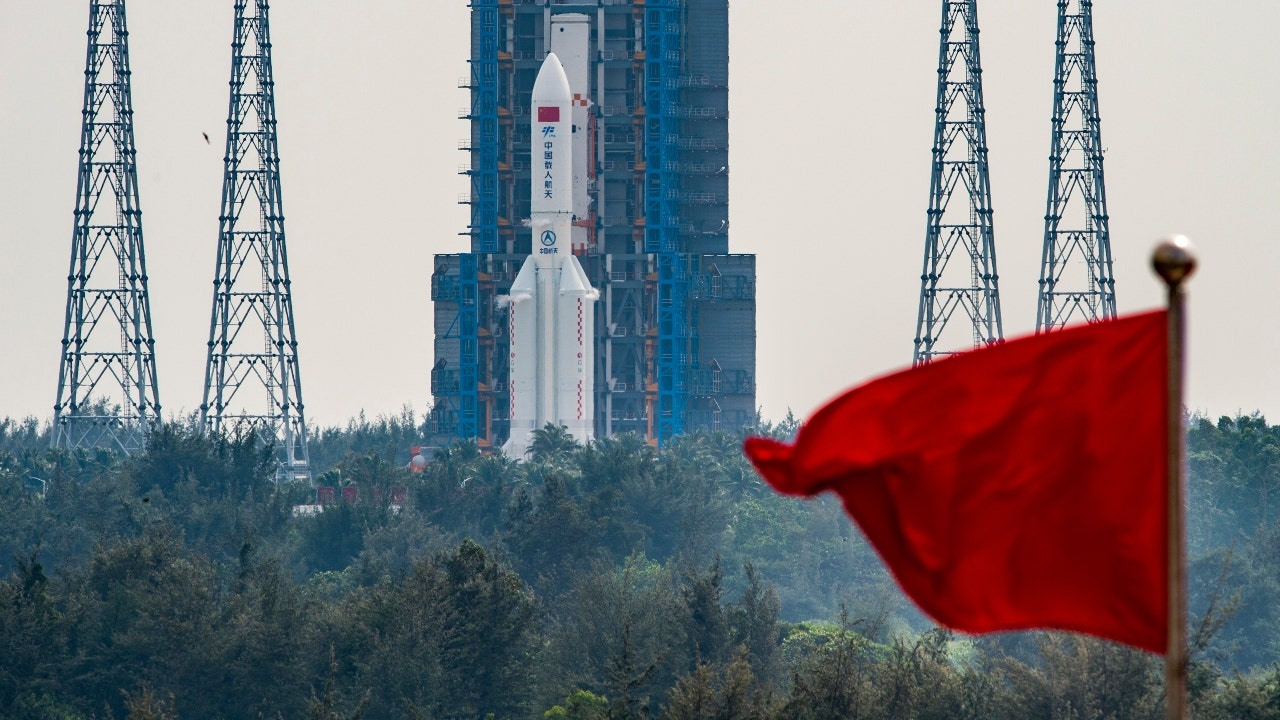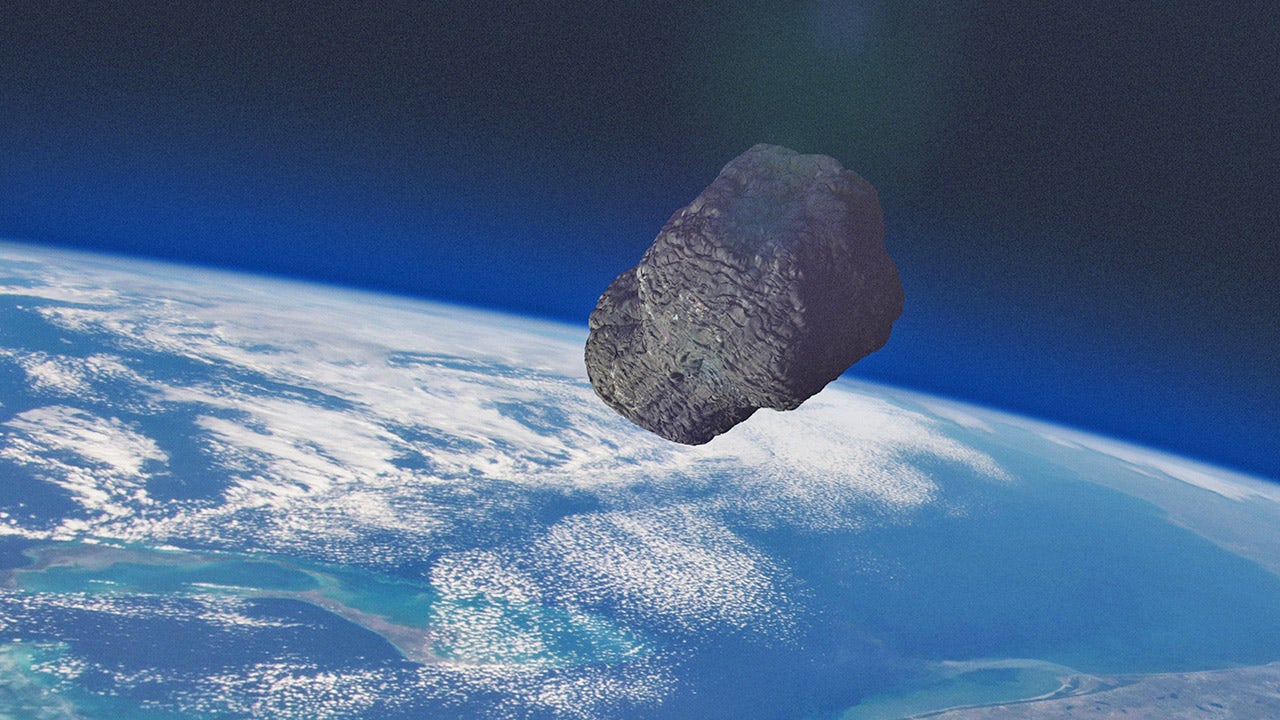President joe-biden” target=”_blank”>Biden< Station (ISS) through 2030, air-and-space Administrator Bill Nelson announced Friday.
“The International Space Station is a beacon of peaceful international scientific collaboration and for more than 20 years has returned enormous scientific, educational, and technological developments to benefit humanity,” Nelson wrote in a statement on NASA’s website. “I’m pleased that the Biden-Harris Administration has committed to continuing station operations through 2030.”
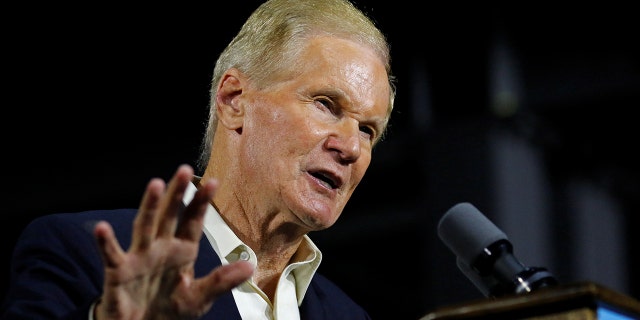
Bill Nelson in 2018.
(REUTERS/Joe Skipper)
The station’s operations require approval from international partners and funding from Congress, which has only approved funding through 2024.
2021 IN REVIEW: TOP SPACE STORIES OF THE YEAR
The past year has proven interesting for the ISS, with several major events changing the nature of operations for years to come.
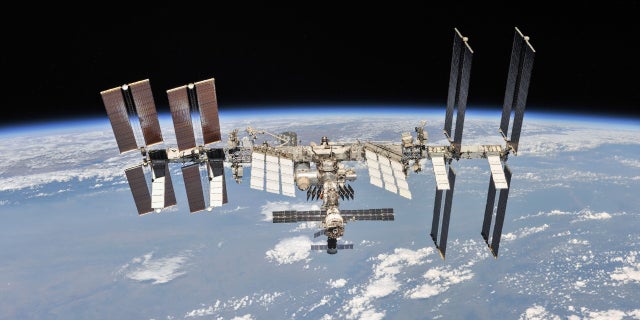
The International Space Station photographed by Expedition 56 crew members from a Soyuz spacecraft after undocking. Image of ISS as of Oct. 4, 2018.
(NASA)
The ISS experienced not one, but two accidental thruster accidents that tilted the station off its axis.
EXPERTS WARN OF CANNIBALISM AMONG SPACE COLONISTS IF FOOD SYSTEMS FAIL
The station also saw its first self-paying space tourists in over a decade, when a Japanese billionaire and his producer visited the ISS on Dec. 8.
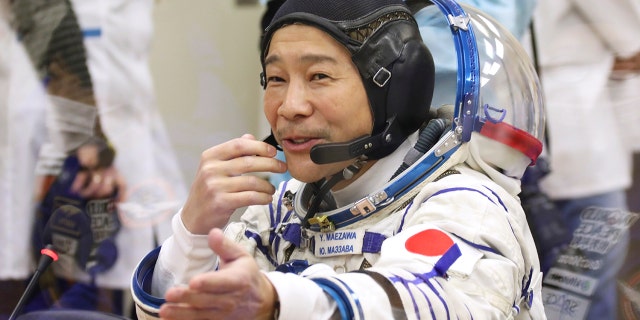
Spaceflight participant Yusaku Maezawa of Japan gestures prior to the launch at the Russian leased Baikonur cosmodrome, Kazakhstan, Wednesday, Dec. 8, 2021.
(Pavel Kassin, Roscosmos Space Agency via AP)
A November anti-satellite missile test by Russia created a debris field in low-Earth orbit that endangered the station and will pose a hazard to space activities for years, Reuters reported.
HERE’S WHY A SPACEX ASTRONAUT BOUGHT A FORD INSTEAD OF A TESLA
The ISS exists as a cooperative operation between the international space agencies of the European Space Agency (ESA), Japan Aerospace Exploration Agency (JAXA), Canadian Space Agency (CSA) and State Space Corporation Roscosmos (Russia).
Interfax in August reported that Russia and the U.S. committed to working together on the ISS past 2024, but no movement occurred until the end of 2021.
CLICK HERE TO GET THE FOX NEWS APP
“The United States’ continued participation on the ISS will enhance innovation and competitiveness, as well as advance the research and technology necessary to send the first woman and first person of color to the Moon under NASA’s Artemis program and pave the way for sending the first humans to Mars,” Nelson said. “As more and more nations are active in space, it’s more important than ever that the United States continues to lead the world in growing international alliances and modeling rules and norms for the peaceful and responsible use of space.”







